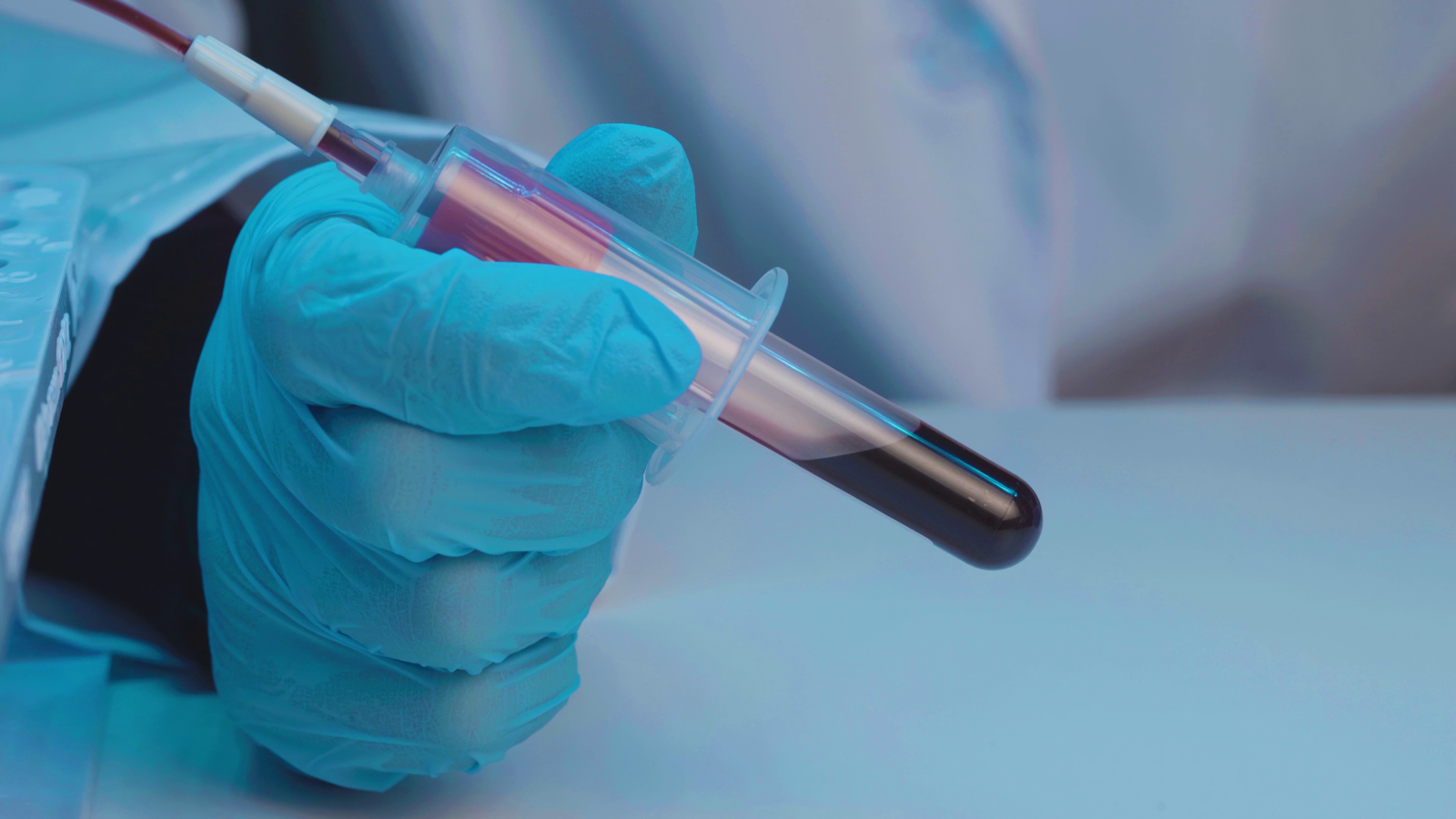- Researchers conducted a study with 897 women sex workers in Vancouver
- 58% had recently been tested for HIV or other sexually transmitted infections
- Researchers noted that testing rates could be increased with more services led by and tailored for sex workers
A team of researchers in Vancouver has been conducting community-based studies with women who are engaged in sex work. For the present study, researchers analysed data collected between 2010 and 2021 from 879 women.
At the start of the study, 58% of the women had received testing for HIV and/or sexually transmitted infections (STIs) in the past six months. The researchers found that women who “accessed sex worker-led/specific services” were more likely to have recently been tested for HIV and other STIs.
Rates of testing were substantially (48%) lower among women of colour and Black women compared to White women.
The researchers stated: “Scaling up community-based, sex worker-led and tailored services is recommended to enhance voluntary, confidential, and safe access to integrated HIV/STI testing, particularly for women of colour and Black women. Culturally safe, multilingual HIV/STI testing services and broader efforts to address systemic racism within and beyond the health system are needed to reduce inequities and promote safe engagement in services for racialized sex workers.”
Study details
Researchers began enrolling participants in 2010. They recruited women from a variety of locations, such as outdoor/public sex work locations (streets, alleys), indoor venues (massage parlours, micro brothels) and online.
Upon study entry, participants completed a survey that asked about socio-demographic and health-related information.
The average profile of participants upon study entry was as follows:
- age – 35 years; 31% were under the age of 30
- the study welcomed people who identified as women; 9% were transgender or non-binary and 91% were cisgender women
- main ethno-racial groups: Indigenous – 37%; women of colour and Black women – 31%; White – 31% (numbers do not total 100% due to rounding)
- 59% used sex worker-led/tailored health services
- 40% injected drugs
- 29% exchanged sex for drugs
- 18% used condoms inconsistently with clients
- 14% had a history of incarceration
Results
Researchers found that 58% of women had HIV and/or STI testing in the past six months (before entering the study). Among these women, 91% had received their HIV test result and 74% had received their STI test results.
HIV test results would have been received in person.
Among women who had STI testing, they most commonly received their test results in the following ways:
- 62% – in person
- 17% – by telephone
The locations where HIV and STI testing took place were as follows:
- low-barrier community clinics
- family doctor and private walk-in clinics
- mobile testing vans and via street-based nurses
Statistical analysis found that women were more likely to have recently been tested for HIV/STIs if they used sex worker-led/tailored services.
Rates of HIV/STI testing were 48% lower among women of colour and Black women than among White women. Commenting on this finding, the researchers stated: “[These] findings suggest the need for future research and interventions to address racial inequities in HIV/STI testing among Black and Women of colour sex workers, including through supporting community-led HIV and sex work organizations which are comprised of and support Black and Women of colour. Systemic efforts to recognize, measure, and dismantle systemic racism within and beyond the health system are needed to support access to safe and inclusive HIV/STI testing, prevention, and care services for Black and Women of colour, whose needs remain sorely neglected in the Canadian context and elsewhere.”
For the future
The researchers made the following points for improving the health and well-being of sex workers:
Testing and linkage to care
“Enhanced efforts are needed to provide sex workers with testing results and to ensure linkage to voluntary, non-stigmatizing, and appropriate HIV and STI treatment and care services. As sex workers experiencing structural barriers to health services require different approaches from those used by traditional public health follow-up systems, strategies for testing follow-up and linkage to care that are supported and led by sex workers and sex worker-allied organizations may facilitate improved access and outcomes.”
Rapid point-of-care testing
“Additionally, adopting and integrating evaluated rapid point-of-care tests for STIs—alongside already approved HIV point-of-care testing—represents an opportunity to ensure individuals receive results promptly, affording more occasion for treatment and follow-up.”
Larger issues
“Finally, structural interventions … are urgently needed to [address] the pervasive criminalization of both sex work and HIV non-disclosure. Criminalization fuels stigma and can undermine sex workers’ engagement in HIV and STI testing services, as concern regarding potential negative criminal and social consequences of testing may overshadow personal health concerns.”
—Sean R. Hosein
REFERENCE:
Goldenberg SM, Pearson J, Moreheart S, et al. Prevalence and structural correlates of HIV and STI testing among a community-based cohort of women sex workers in Vancouver Canada. PLoS One. 2023 Mar 30;18(3):e0283729.

